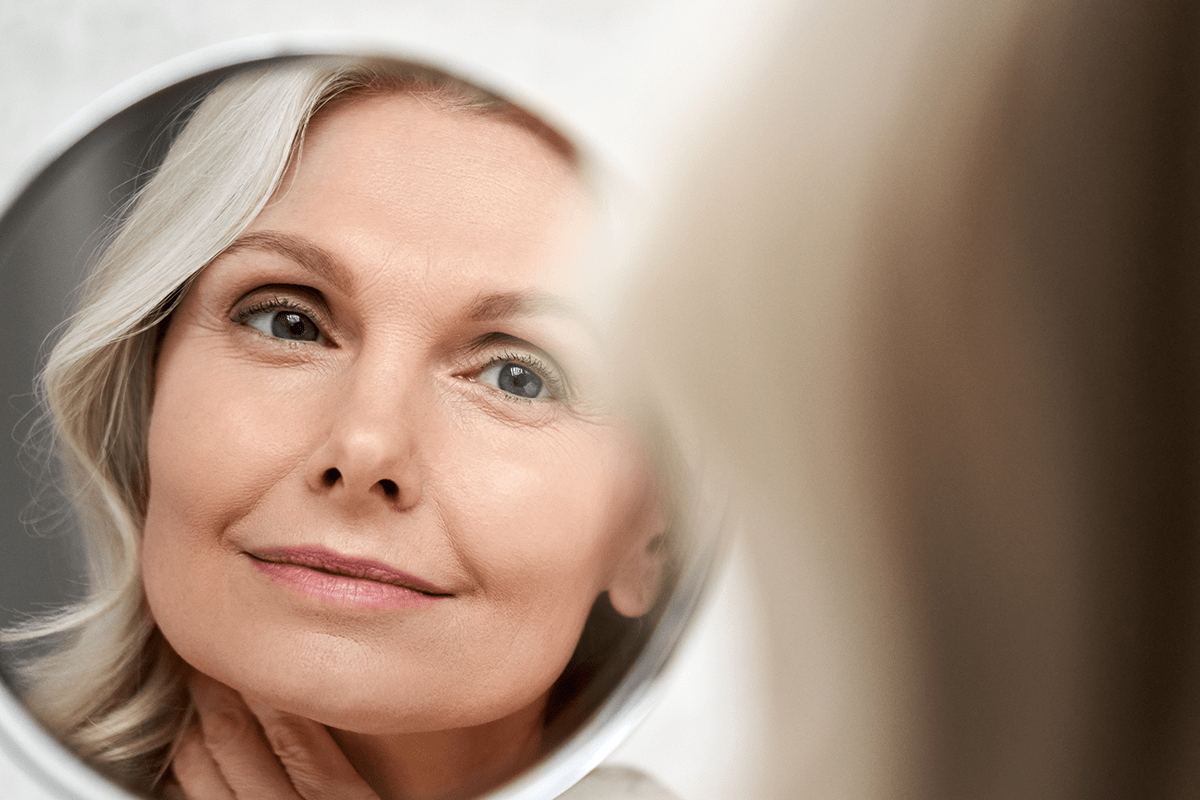You’re wondering how long you can enjoy your Botox results, aren’t you? Great question.
Knowing this answer is key to choosing the right treatment for you, and to understand how often you may have to return for further injections.
In this guide, we’ll take a look at how long you can expect your Botox results to last, and how you can help them last longer between treatments.
Jump to the relevant section by clicking the links below:

Botox is a neurotoxin that is used for both medical and aesthetic purposes. It is one of only four treatments that is FDA (Food & Drug Administration) approved for cosmetic uses.
The treatment works by blocking signals from the nerve to targeted muscles in your face to paralyze the muscles. Every time you smile, laugh or frown or make any other facial expressions, you cause your underlying facial muscles to contract, which can result in unwanted wrinkles.
Preventing the contraction of specific muscles in your face means there is less movement or pull on the skin which results in a decrease in the formation of wrinkles.
At the earliest, you may start to see results within 24-48 hours. However, they usually start to take effect within three to five days but, most often, you will not see the full and final results of your treatment for one to two weeks after having your injections.
It takes 10-14 days for Botox to fully settle and for you to start enjoying your full results.
Have an event coming up and looking to plan your treatment around it? We usually recommend that you have your treatment at least two or three weeks in advance. This will give you time to see the final result and decide whether you need a touch up.
Botox is not a permanent treatment, so you will have to keep returning every 2.5-3.5 months to maintain your results.
Its duration is dependent on a few different factors. In some patients, it may last up the 4-6 month range, or shorter, in the 2 month range. For the majority, it is right around 3 months where you start to see that movement back and want to make sure your next appointment is scheduled. It is also common for first-timers to notice that it may not last as long initially, but may last longer after the second treatment.
Eventually the effects of the neurotoxin wear off and your nerves will start to send signals to the muscles to start working or contracting again. The following all play a role in how long your results will last:
You will need another treatment once you start to notice your wrinkles or fine lines in the treated areas reappearing. This is usually between three to four months.
You can read more about how often to get Botox in our guide.
Having Botox in your forehead is similar to other parts of your face and can last 3-4 months (up to 6 months for some largely dependent on their metabolism.
Your forehead is likely to have some of the deepest lines and wrinkles on your face and may require a higher number of units to achieve your desired results. This does not mean the Botox will last longer, but you might notice with continuous treatment that the lines and wrinkles will become less prominent.

A number of factors can affect how long your results last but there are a few things you can do to get the most from your treatment.
We love the saying that good isn’t cheap and cheap isn’t good. This is very true when talking about Botox. While opting for the cheapest may be appealing, please don’t let it overshadow quality and experience. It’s the injector, not the syringe. Yes the Botox product causes the result, but proper placement is everything. Putting yourself in the best hands the first time is so important when it comes to this treatment.
Neurotoxin injections of any kind need the correct and appropriate dosage at precise injection sites for maximum effectiveness.
For the first 24 hours after your treatment, we recommend that you avoid strenuous exercise or excessive heat. Saunas, hot yoga or intense facial massages can cause the Botox to migrate to other areas of your face and will have an impact on your results. Make sure you avoid these just after having your treatment to make sure you see the best results.
Sun damage to your skin can cause wrinkles to form, which makes Botox an ineffective treatment against these wrinkles because they do not involve underlying muscles.
Protect your skin from the sun by wearing SPF on your face, neck and hands every day. You can also keep your results for longer by using a high quality sunscreen and avoid being outside during peak UV hours.
The benefits will last for much longer if you take care of your skin. Patients who moisturize in the morning and the evenings, as well as stay hydrated will see better and longer lasting results as it helps the treated areas to stay plump and wrinkle free.
Your diet can have a direct impact on the appearance and health of your skin. Avoid eating processed and packaged foods and limit the amount of sugar in your diet. Make sure you maintain a steady and healthy weight as extreme weight loss around your face can reduce the longevity and effectiveness of your injections.
Stress can negatively affect your body and can accelerate the signs of aging on your skin. To maintain the effects of your treatment, try and reduce any unnecessary stress in your life and incorporate stress relief techniques such as meditation or yoga.
To book a consultation at our Denver or Greenwood Village clinics, please contact us today.
You may also like:
The Medical Spa and other skin care information contained on this website is provided for educational purposes and should not be taken as medical advice. To consult with one of our specialists in Denver and Greenwood Village, please contact us today for a free consultation. Facial Aesthetics – Our premiere Denver medical spa serves patients from Denver, Littleton, Cherry Creek, Castle Rock, and nearby communities in Colorado.
Copyright ©2020 | Website Designed, Developed and Optimized by Canvas Chicago.